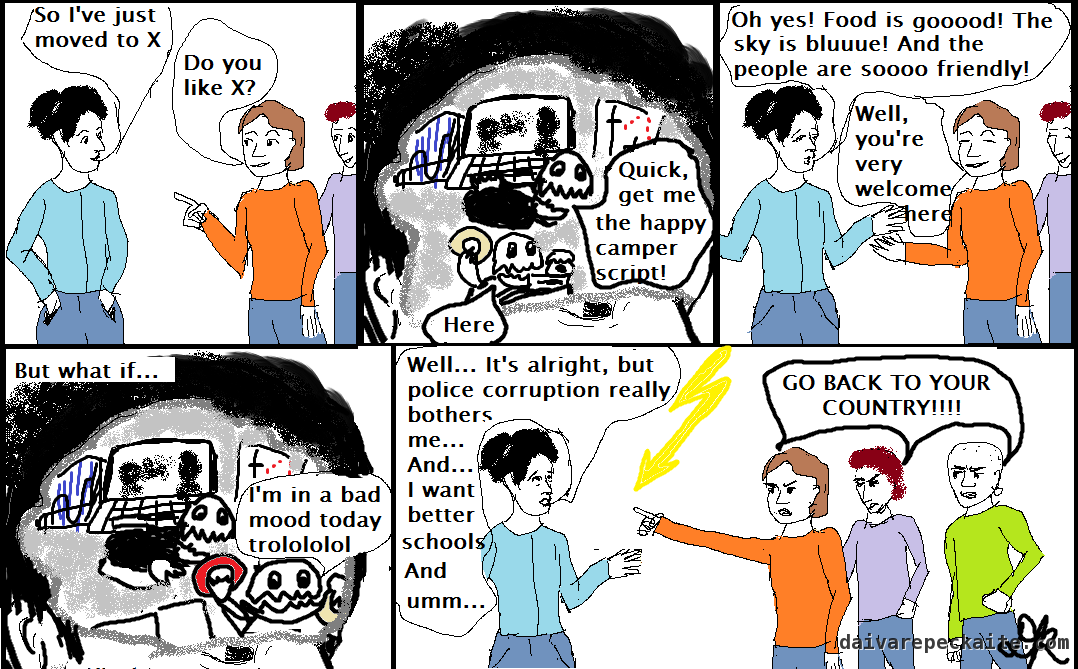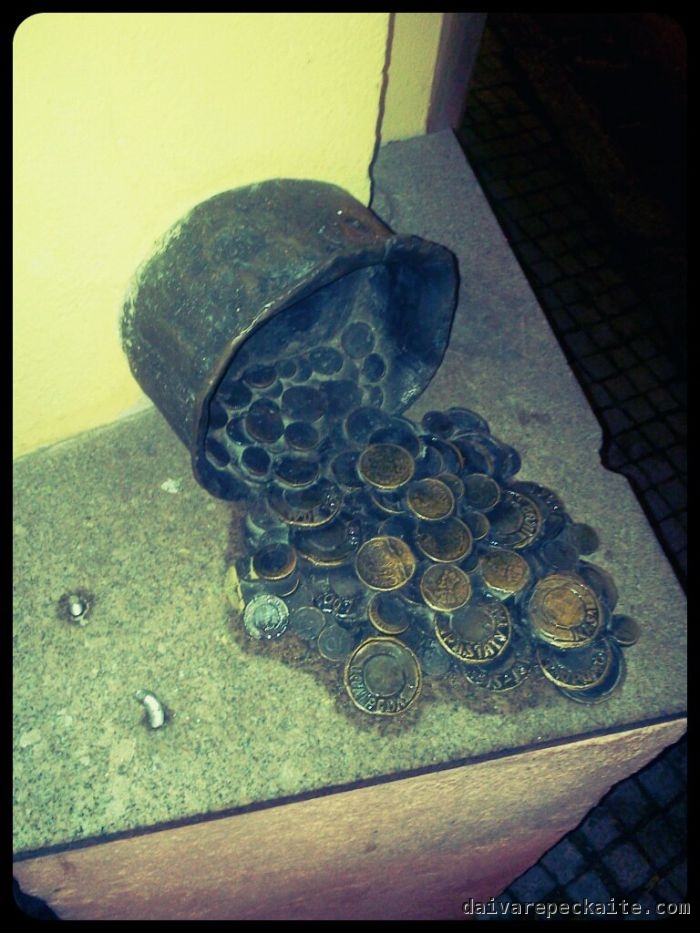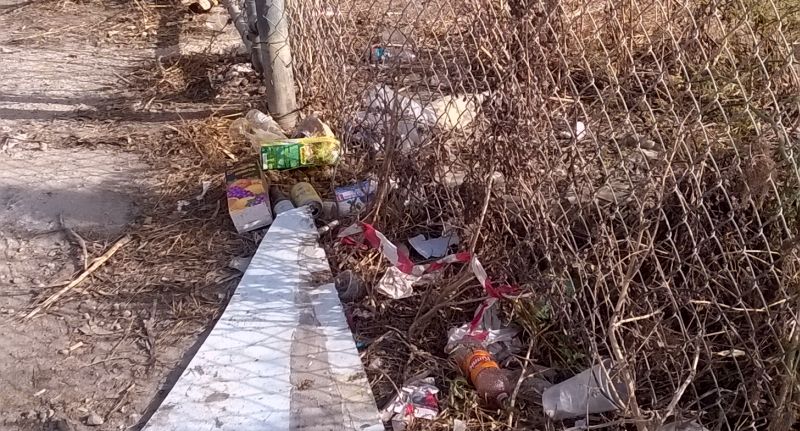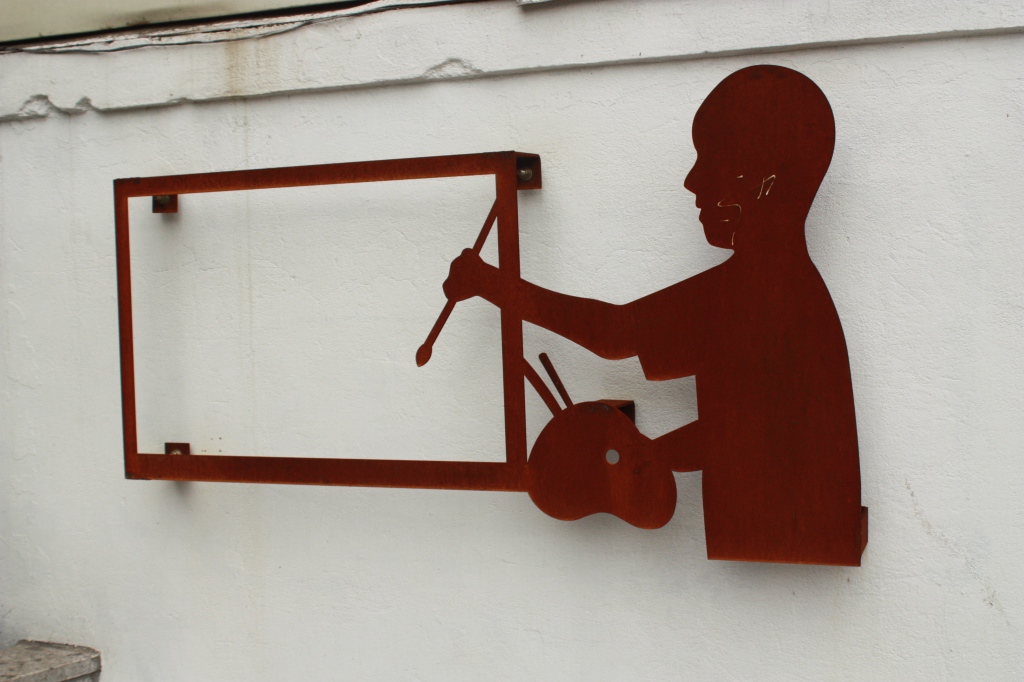Plaques, memorial gatherings, tourist itineraries and pilgrimages – many practices in everyday culture are about pinning lives to a specific place. When someone famous lived or died near or in a place that is now a commercial establishment, the history of that famous person will be immediately taken up to attract more people. But in London, writer Francesca Wade found …
Books replace travel: not my Vilnius in Vaiva Rykštaitė’s novel
I have never been so ‘grounded’ for 12 years or so – although travel options briefly reopened in summer, going to see my family and friends in Lithuania became overly complicated, and going on a holiday abroad felt irresponsible. So since March the furthest I’ve been from this rock is a smaller nearby rock that is Gozo. This left me …
Books replace travel: Icelandic short stories
When I thought of what I wanted to do this year and things were still normal, I decided that it’s time to visit Iceland. One of the options was to go with a photography group straight from Malta. One or another way, the pull of this magical island seemed irresistible. But as we know, travel has been disrupted around the …
Unwish lists and lockdown consumption
Spending more time at home forced many people to look closely at things in their lives. Buying, hoarding, stocking, keeping busy demanded materials. As much as our socialising, learning, and interacting moved online, our leisure and rituals became increasingly physical, and called for things to keep them this way. More cooking and baking called for more equipment. The absence of …
Books replace travel: Jordanian short stories
Before the COVID19 pandemic hit, I had a nice plan to finally visit Jordan. It was on my bucket list for ages, and cheap flights from Malta would have enabled me to go there even on a short break. But life took a different turn – already in early March it started becoming clear that the trip will not happen. …
Working for free: a guide
Decisions about working for free are rarely straightforward. In an ideal world, survival would be guaranteed for people, so they could freely choose to volunteer their skills when they find it meaningful rather than desperately hope that this would lead them to paid positions in a distant future. Unfortunately, we are very far from this perfect world, and many of …
When businesses encourage wasteful behaviour
A recent article in the New York Times attempted to calculate individual contributions to climate change derived from driving, flying and other activities. The criticism is very valid, but once again it is focused on individual responsibility and individual behavioural changes, which make life less enjoyable for those already ‘converted’ to environmentalism. It is true that we vote for the …
Libraries, public space and obsession with cafes
A NYT article about libraries and civil society was one of the warmest and most hopeful texts from the other side of the Atlantic in the recent years. It made several key points: libraries are open, inclusive and fun spaces to interact – or to be by oneself. The growing emphasis on libraries can hopefully replace the recent obsession with …
Decluttering, backlash against Marie Kondo, and obsessive ownership
My Facebook feed is full of posts denouncing the suggestion made by decluttering guru Marie Kondo to keep no more than 30 books (example). How dare she, they write, attack the most noble of middle class obsessions – book hoarding? In the age of bite-sized online news, screaming headlines and kids who never let go of their tablets, aren’t books …





